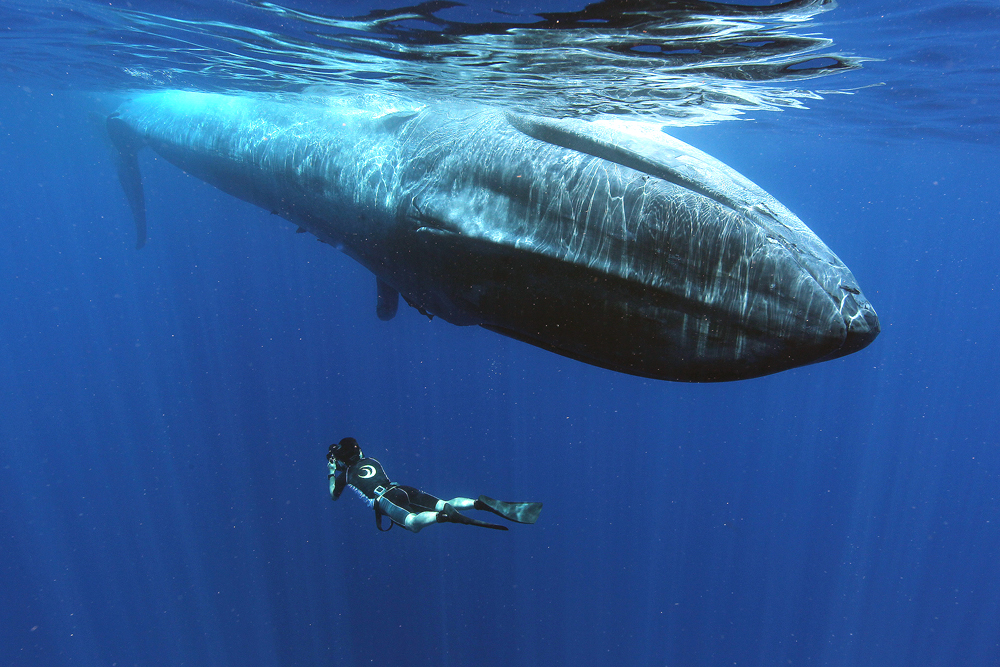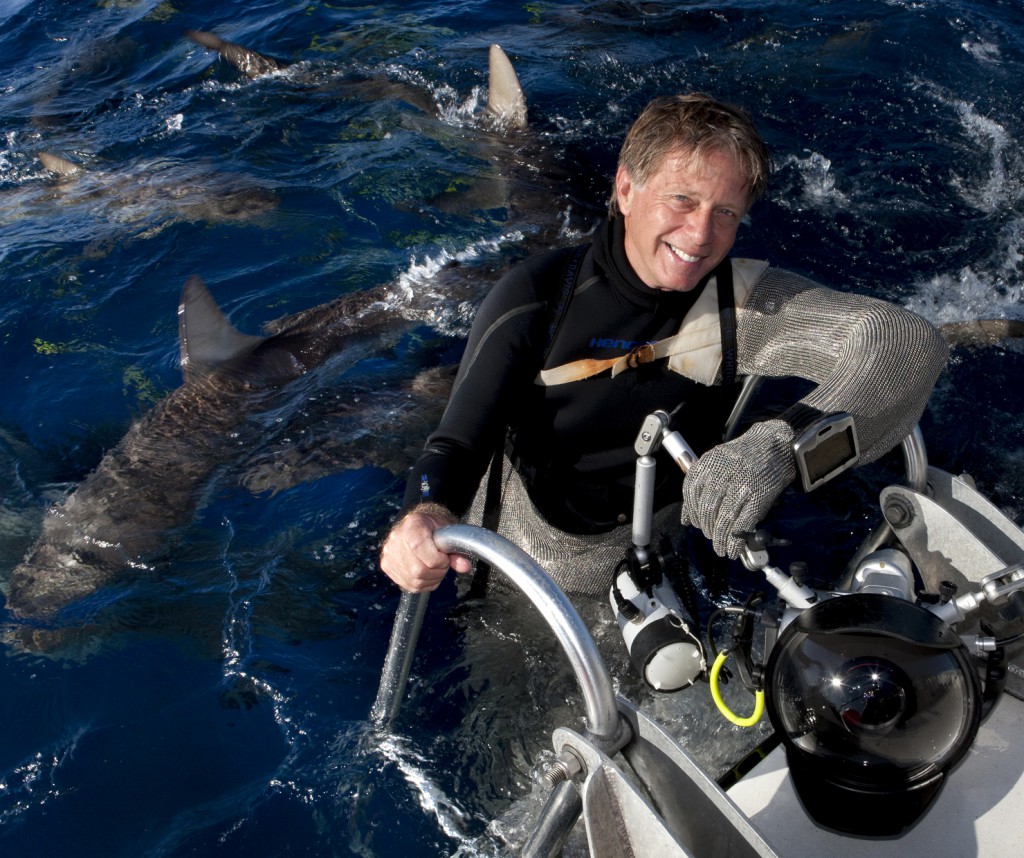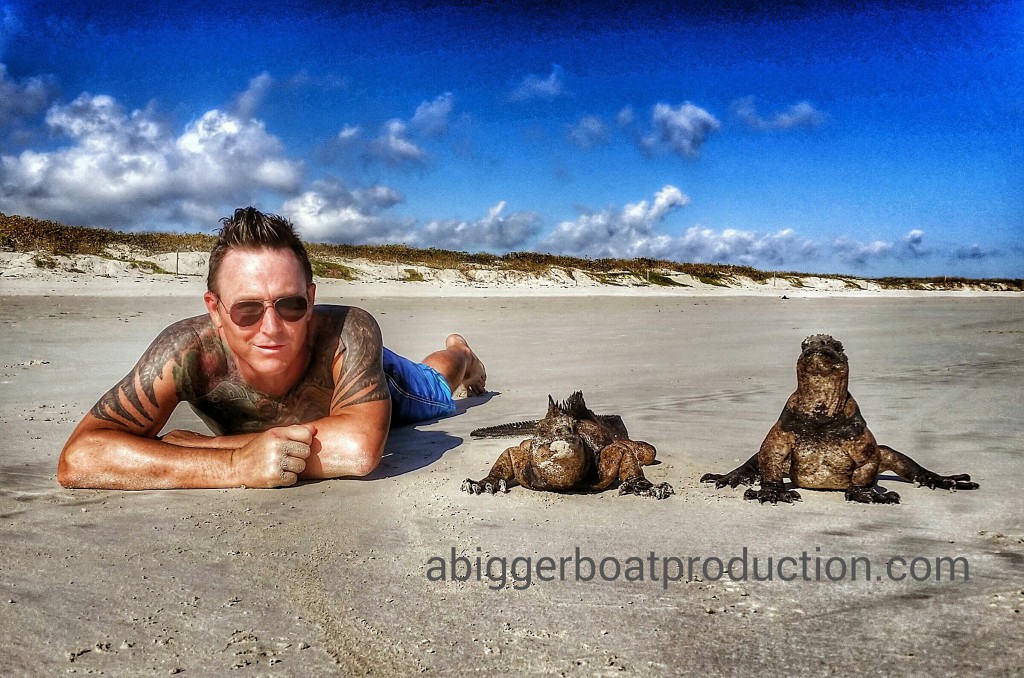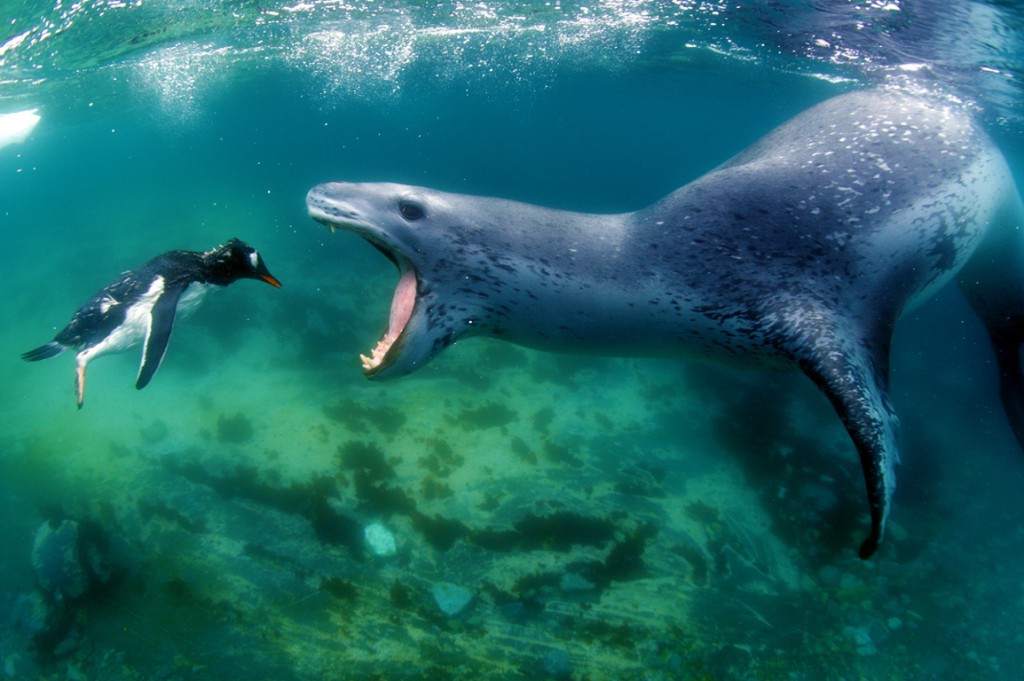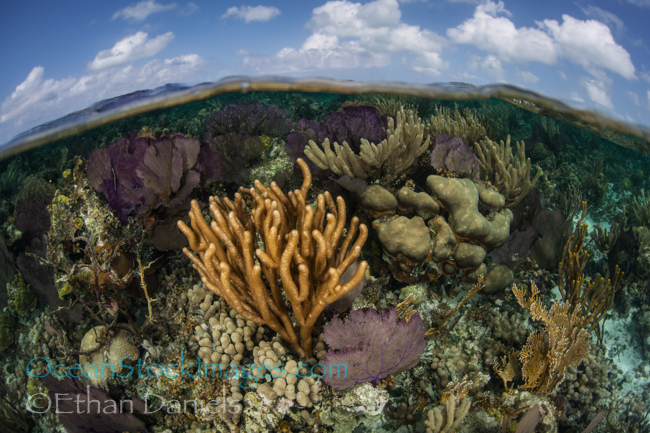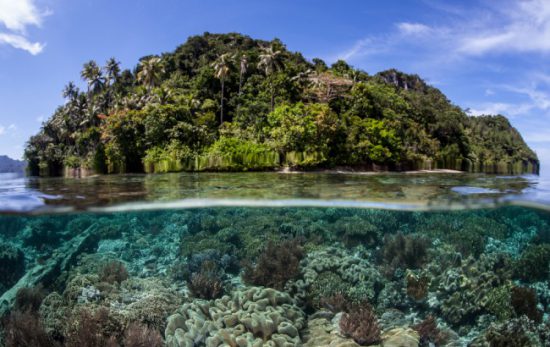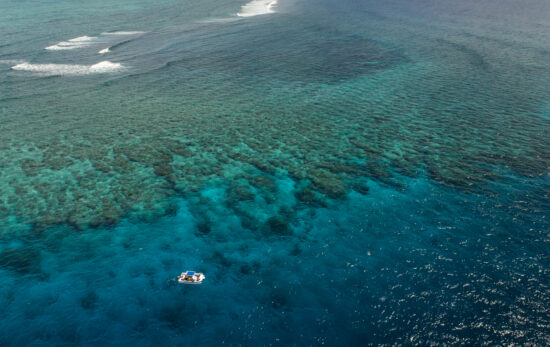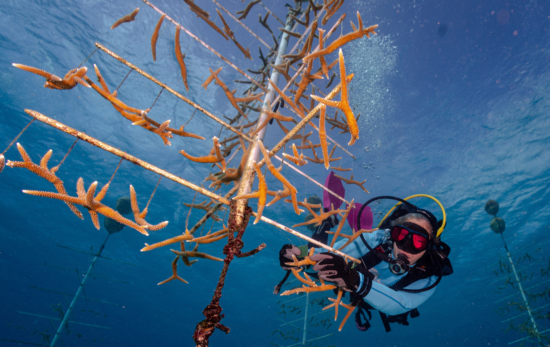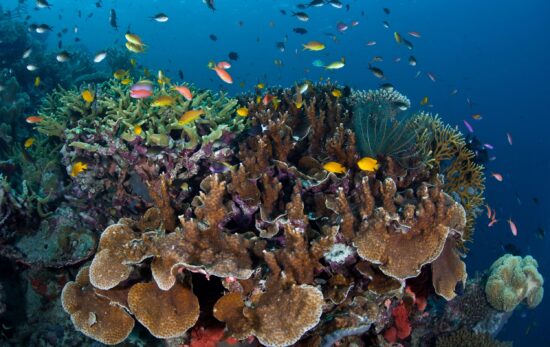If you’ve ever wondered how to become a professional underwater photographer, advice from an accomplished professional could come in handy. That’s why we asked some photo pros to help us make a list of their best tips for turning pro. Enjoy!
Start with Being a Good Diver and Good Photographer.
- Most important: be a great diver! Dive with confidence knowing what you are doing, so you can focus on photography and videography.
- Learn to understand the behavior of the subject, respect the wildlife.
- Know your equipment. It does not matter how sophisticated or simple.
- Learn the technical aspects of photography and practice!
- Be creative! Try to find your style, something that will make your work stand out in the crowd.
-Adriana Basques
www.AdrianaBasques.com
Never Miss a Deadline
The one bit of advice that has served me over the years as an underwater photographer, but which relates to working with people, in general, is never missing a deadline. My career since the early 1980s has been with dive media, and all aspects hinge on getting my job done at a particular time in the publication sequence so others can do theirs. For me, and likely for most photographers, the photos have always come easily but the words require discipline. But, one without the other means that the editors can’t do their jobs, and then the designers are delayed, and then prepress is challenged. We are all links in a chain, in this case, the production of a magazine, and any speed bump I might create will be remembered, if not with hostility at least subliminally. Try to be a team player. Give the best possible work, and give it on time.
-Stephen Frink
www.StephenFrinkPhoto.com
Be Different
If you want to make the change from going from an amateur to a pro, you need to look what everybody is doing and do the opposite.
If you spend too much time following what everybody else is doing, you’ll never separate yourself from the rest. When I’m working with a crew, I tend to watch what the other photographers/videographers are doing, then I’ll aim to shoot different angles of light and perspectives from them.
Johnny Reidt
www.Facebook.com/abbpro
Find a Niche
Today we’re seeing an unprecedented level of achievement in underwater imaging, in terms of quality of imagery as well as the ever-increasing number of talented, well-equipped shooters. While most successful photographers have photographed a wide range of subjects, if you want your work to stand out from the crowd, try to identify a particular area then specialize in it. It could be geographic, especially if you have access to an area that’s not well covered by others, or certain subjects that you have a particular interest in. If you’re photographing marine life, learn all you can about your subjects, including their life cycle and preferred habitat. And, while it’s fine to appreciate and be inspired by other photographers’ imagery, make it a goal to develop your own distinctive style, whatever your chosen subject matter.
Mark Strickland
www.markstrickland.com
Be Brave and Sacrifice
Ask yourself if you are willing to sacrifice time, money and a comfortable life to succeed. When people ask me where I get the courage to photograph great white sharks and giant whales. I always say, “The enemy of all fear is knowledge and experience. There is no need to be afraid if you embark on your journey with much passion and patience.”
Amos Nachoum
www.AmosMovie.com
Shoot Everything, Learn to Write, Be Smart and Start Small
Keep your day job. With the massive flood of imagery that digital technology has instigated, pictures are becoming less and less economically valuable. It’s extremely difficult to completely support oneself through merely selling images of fish, reefs, or divers, so begin your pro career by making photography just a portion of your income.
Vary your subjects and destinations. Cover as many underwater subjects as possible so that photo editors can come to you for anything. Go where few other photographers go. Shoot everything from the very, very small to the very, very big.
Become an expert in natural history and learn to write. If you can generate an article about some interesting aquatic subject and provide high-quality images, then it’s more likely your shots will be published. You should also be as prolific as possible. Have article ideas continually in the pipeline.
Be cool. Don’t think you have more right to underwater subjects than anyone else just because you call yourself “professional.” If you’re diving with others, be considerate, kind, and aware. Help other divers with advice and encouragement.
Be smart and stay simple. You don’t have to own every lens and every new piece of new gear to be a good photographer. Master the lenses and strobes you can afford and can carry with you on long trips.
Ethan Daniels
OceanStockImages.com
When it comes to becoming a professional underwater photographer, there are no hard and fast rules. Take the advice given above as a starting point and be sure to complete the PADI Underwater Photography Course.
Thank you to the photographers who contributed to this post.
